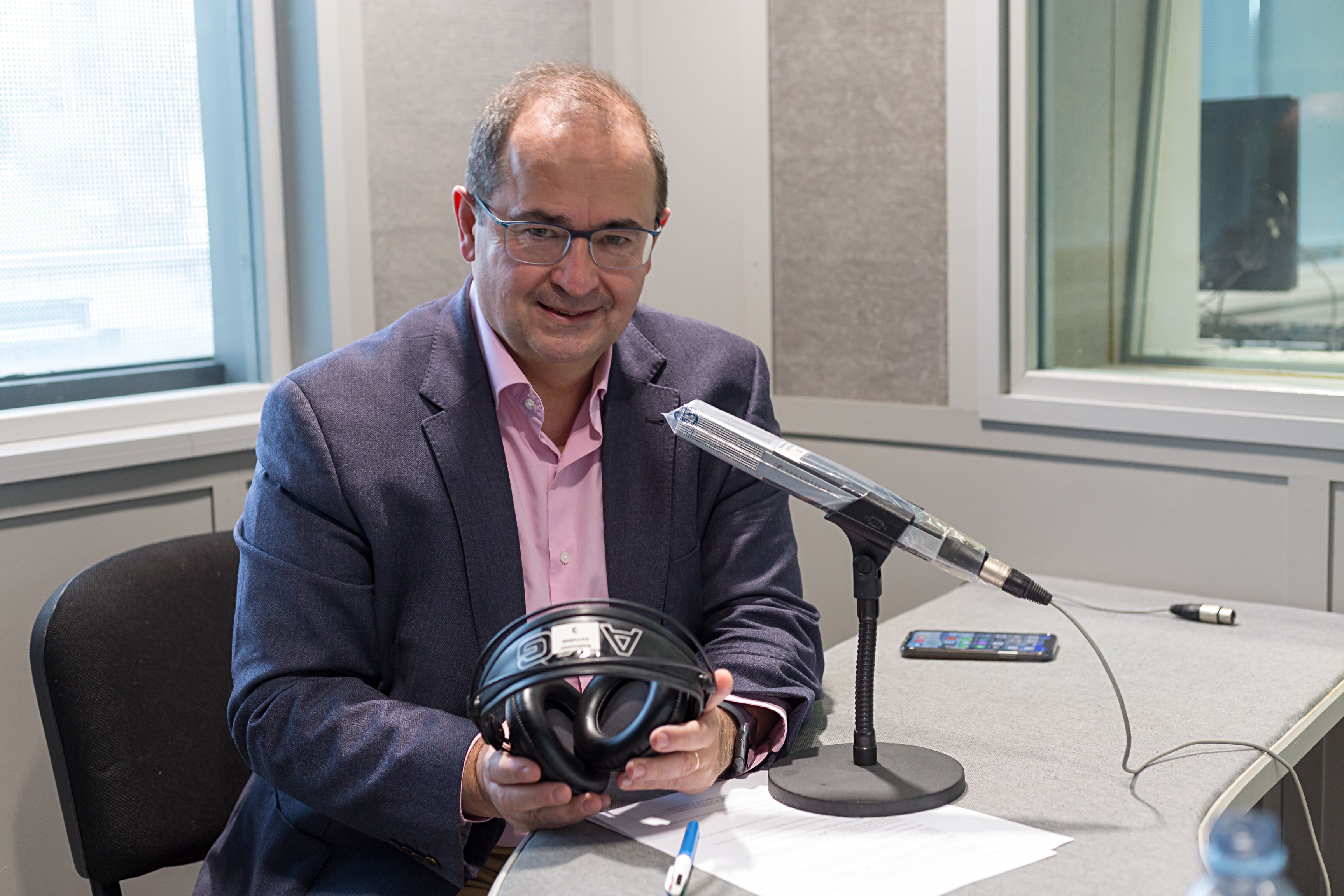
Accompanying the seriously ill
Dr. Carlos Centeno
 In addition to some cancer patients, severe and prolonged pain is also common in cases of heart failure, bronchopathies or neurological diseases.
In addition to some cancer patients, severe and prolonged pain is also common in cases of heart failure, bronchopathies or neurological diseases.
Palliative medicine units in hospitals research and apply treatments to improve the quality of life of this subjectgroup of sick people. Their main demand is to reduce suffering and to receive a human and close attention, so the care teams focus on meeting both requests.
During the pandemic, the severity processes have accelerated and the cases of people close to the moment of death have also increased. Palliative medicine has therefore adapted its practices to this new profileof patients, maintaining the principles of accompaniment and pain reduction, both physical and emotional. The presence, listening and understanding of the medical team, family and friends alongside the patient are the most important issues for good accompaniment. At the University of Navarra we are constantly researching how to alleviate physical pain and existential suffering through medicine, in order to find more and better palliative care. Although today's society tries to hide death, understanding it as a natural part of the cycle of life is a culture that would prevent vital anguish when the time comes.
|
Download the audio (46 MB) |
Table of contents:1'45" - Which diseases cause severe pain? 2'20" - Who cares for patients in acute distress? 3'15" - Number of such patients in Spain per year. 3'50" - Main claim of this subjectof patients. 4'45" - Disease severity level by Covid-19. 5'40" - How does Palliative Medicine work in severe cases by Covid? 6'50" - Accompanying the seriously ill by Covid. 8'00" - What to say, what not to say to a seriously ill person? How to alleviate their condition? 11'00" - Cases in which the patient wishes to die. Physical and spiritual suffering. 14'00" - Study on the demand for Euthanasia. 17'00" - Sedation. Conclusions of the group of research "Atlantes" of Institute for Culture and Society (ICS). 20'20" - The culture of hiding death in today's society. 23'00" - How students, future doctors, nurses and psychologists prepare for palliative care. |

